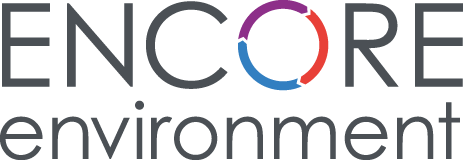As a waste management supplier to the construction industry, our services are routinely procured on a price/commercial driven approach and rarely value. Targets are set on delivering savings, and the day-to-day reality (especially in a downturn, or pandemic) is dominated by costs savings. Procurement departments often have little choice but to procure waste services on a price driven basis that consistently drive down supplier margins. This can make it nearly impossible to compete against large competitors.
Our ethos has always been to challenge the traditional routes of waste disposal and offer clients alternative, data-driven methods of waste management that deliver social, economic and environmental value as well as waste cost savings on projects. We have had to create value and USP’s in what we do, not to bypass procurement, but to give us access to the decision makers responsible for proactive waste management on the project. We know the strategic senior levels are shouting out for value and a point of difference especially when they need a point of difference in the PQQ to win new business.
The tides are turning
We were encouraged by a clear shift in attitude towards value in the sector with the launch of the ‘Value Toolkit’ by the Construction Innovation Hub in July 2020. In particular, Module 3: ‘Procuring for Value’ would provide bidders with a clear set of quantifiable metrics, measures, benchmarks and performance ranges.
It is hoped the Toolkit will support better decision-making from business case through to procurement and delivery and operation, improving overall sector performance consistent with key policy objectives such as driving Modern Methods of Construction (MMC), delivering social impact and accelerating the path towards net zero.
The Scape Group also announced its new £11bn construction framework for England, Wales and Northern Ireland and a £2bn framework for Scotland. These are designed to provide direct support to the local economy and the green recovery empowering public sector organisations by offering a wider choice of delivery partners, contracts and performance measurement. Importantly, this provides the flexibility to decide how ‘success’ is defined, including early intervention and social value and low carbon initiatives. In the future, we would like to see ‘Waste Value’ have its own category.
For waste suppliers with environmental value at our heart, this is a real leap forward.
A strategic approach to waste continuity
To deliver value effectively, waste suppliers need to be engaged early with the project leaders and design and engineering teams to provide data around what decisions they are making and what the impact is – ideally at RIBA stage 2. Early supplier involvement with greater coordination based on BIM, would help reduce costs, define value indices and improve performance overall. This includes identifying and implementing key value drivers that will help infrastructure projects have the greatest impact of value on the environment and local communities, as part of their waste management strategies, and support specific KPI’s such as; waste reduction, improved recycle rates and tonnage diverted from landfill, which in turn reduces costs.
The difficulty lies for the traditional supply chain who don’t have this experience and continue to do what they have always done. If their client’s bids aren’t clear on what value drivers they are looking for, then many SME’s will struggle with understanding, implementing and creating value in their company.
Building a collective voice
To help bring the supply chain together, we recently launched the Enviro ‘Game Changers’ business network to give the supply chain a platform to learn, promote and share environmental value expertise and to help influence their client tenders.
We also continue to bring new innovations to the sector including Project DIVERT, a web-based platform that diverts waste away from landfill to social enterprises in need; MatExch, which will provide an online platform to reuse surplus materials; and Waste Wise Kids, a non-profit that educates young children about waste and sustainability in schools.
Our focus is to continue to identify and implement key value drivers that will help our clients have the greatest impact of value on the environment and local communities, as part of their waste management strategies.
Featured in New Civil Engineer magazine November 2020. To view the article click here


